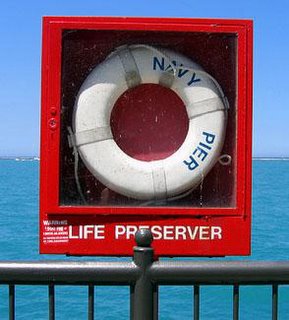 "Umm... err... well... Uh, you see, it's like uh... God. Yeah God, uh... well, we didn't, umm... but God umm... Hang on, let me call my pastor. Wait right here."
"Umm... err... well... Uh, you see, it's like uh... God. Yeah God, uh... well, we didn't, umm... but God umm... Hang on, let me call my pastor. Wait right here."Studies have shown that the number-one nightmare that all of humanity has in common is a dream in which a person's teeth fall out. Apparently, this nightmare is common to people of all races, genders, cultures, and ages, although I've never experienced it myself.
This may be the number-one nightmare shared by all of humanity, but my guess is that the comments that opened this post reflect the number-one nightmare shared by most Christians: "having" to share the Gospel.
Most of us have our prayer list of people we know who are not believers. We mention them to our Sunday school class, and pray that God would send someone to reach those people with the Gospel. That is, someone else. Truth be told, most Christians know deep down that if they were ever called upon to share the Gospel, they would immediately lapse into their best impersonation of Bambi in the headlights of an oncoming Mack truck.
Studies indicate that the average Christian can expect to lead less than one person to Christ in their lifetime. Think about that - the average American household has 2.5 kids. It doesn't take a math whiz to recognize there's a problem. If those statistics are right, the church can expect to atrophy at the rate of around .5 person per household. That's downright scary.
Stop and think for a second about the conversations you've had with unbelievers this week. How many of those could have turned spiritual had you had the intestinal fortitude to turn them? (Don't beat yourself up... according to Stat Counter, nearly 200 people read this blog every day, and at least 150 of them are in the same boat as you). Why are we reluctant to turn conversations to spiritual things when we talk to unbelievers? For the majority of us the answer is that we're scared the conversation is going to turn all the way to the point that we're going to be responsible for sharing the Gospel, and we're not prepared to do that.
The number one thing every Christian should know is how to present the Gospel clearly, precisely, and confidently. If this eternal life thing is so great, shouldn't we be prepared to share God's gift with others when the opportunity presents itself?
Yeah, yeah, yeah, I know God's sovereign, and will draw people to Himself. But there are too many people in the world who use their theology as an excuse to ignore God's clear commands. Of course God is able to bring people to Himself without our involvement; He's God. But He has made it clear through Scripture that He gives us the opportunity to serve Him by sharing the message of life with others.
Think of that: there is one message that far surpasses all the other messages that mankind needs to hear. Of all the messages of God, the message of redemption is clearly the most rich from man's perspective. And God allows us to be His mouthpiece to the world concerning His unspeakable gift. The least we can do is to be prepared so we're ready when God chooses to use us.
You don't have to be a theologian. You also don't have to be the incarnation of Dana Carvey's Church Lady. But every Christian should be willing and able to be used by God in sharing the greatest message I can think of. "God so loved the world..."
So where do you begin? Check out 1 Corinthians 15:1-4 for starters. Paul's presentation is simple, short, sweet, and to the point. Jesus died for our sins and rose from the dead.
There are a ton of "methods" out there that you can use to present the Gospel: the Roman Road, The Bridge, Good News/Bad News, etc... I honestly don't prefer to use a "method" because Christians who enter the Christian life based on a formula tend to think the whole Christian life is about formulas and methods, and it isn't. But use the methods to think through your presentation, and then share from your heart. You don't have to be fancy schmancy with bells and whistles. But know the Gospel and pray to God that it will be on the test.











